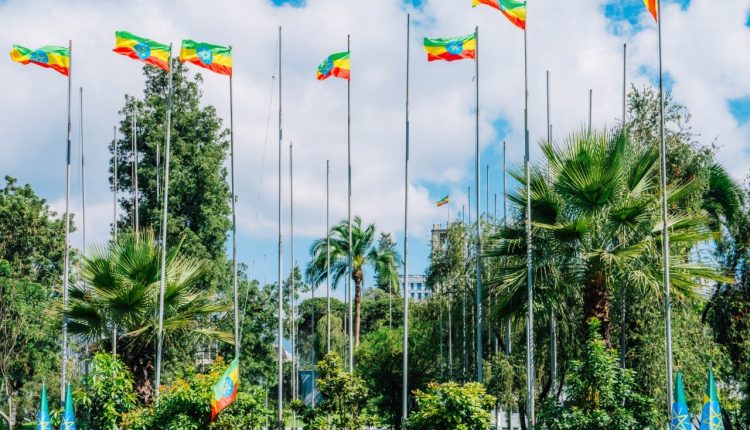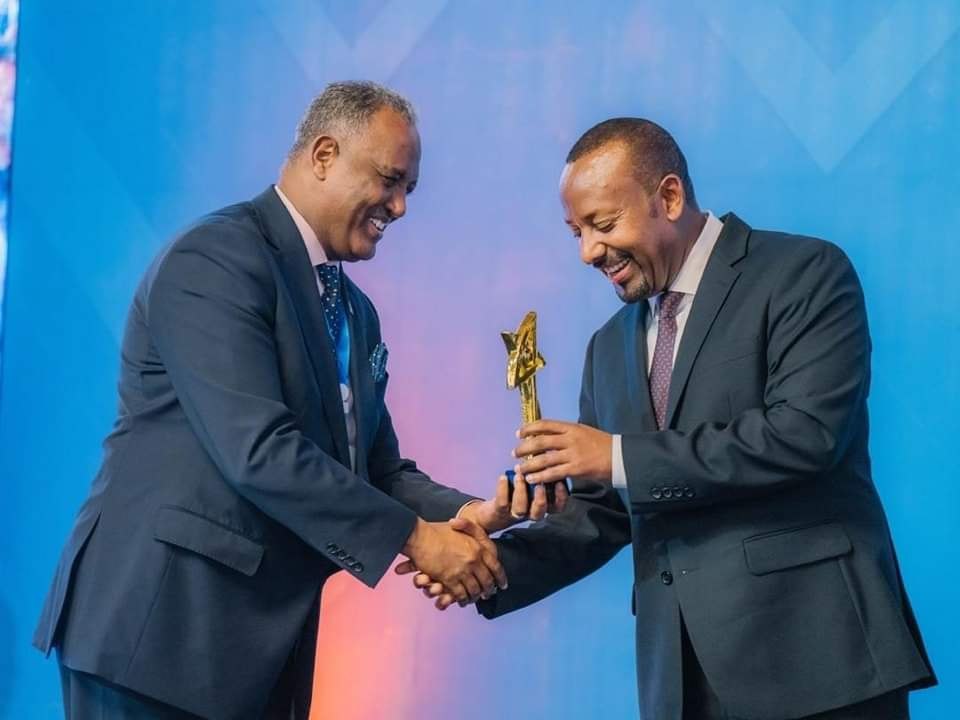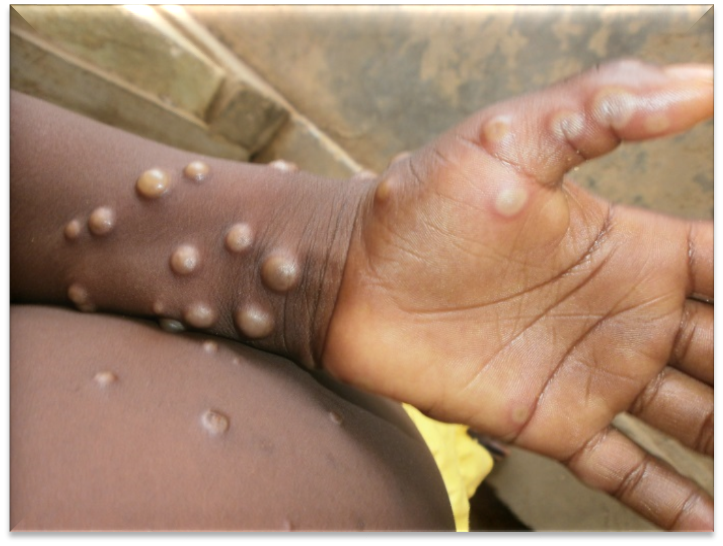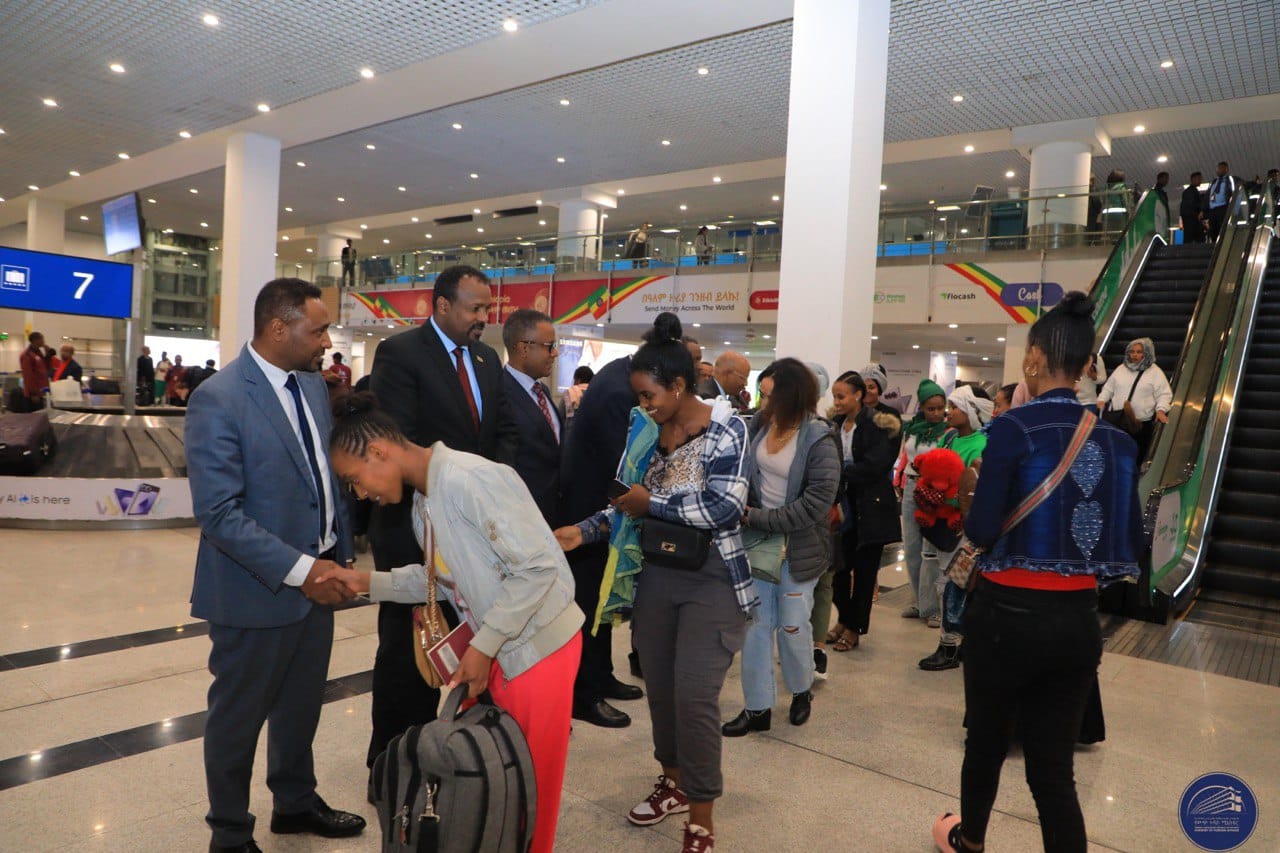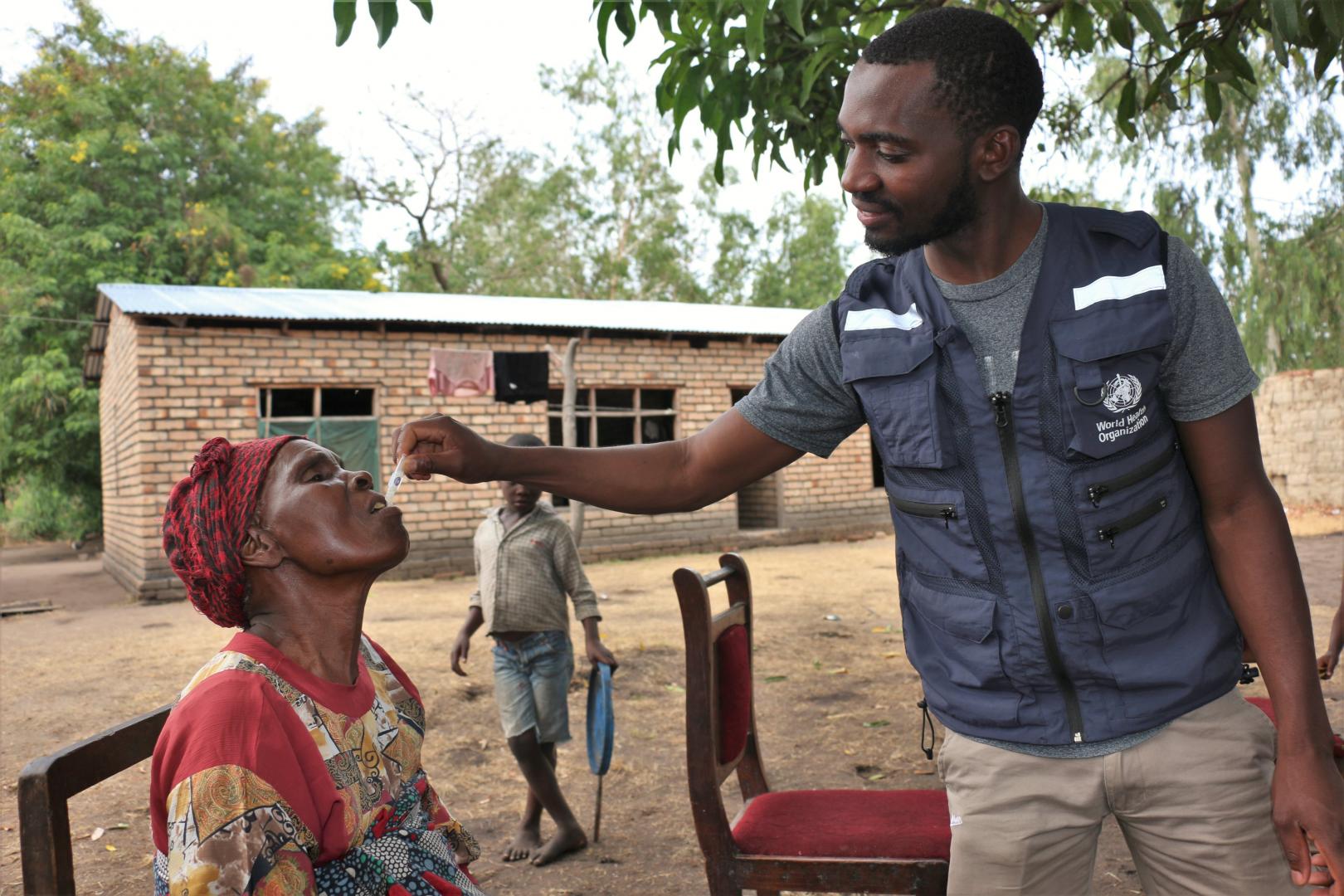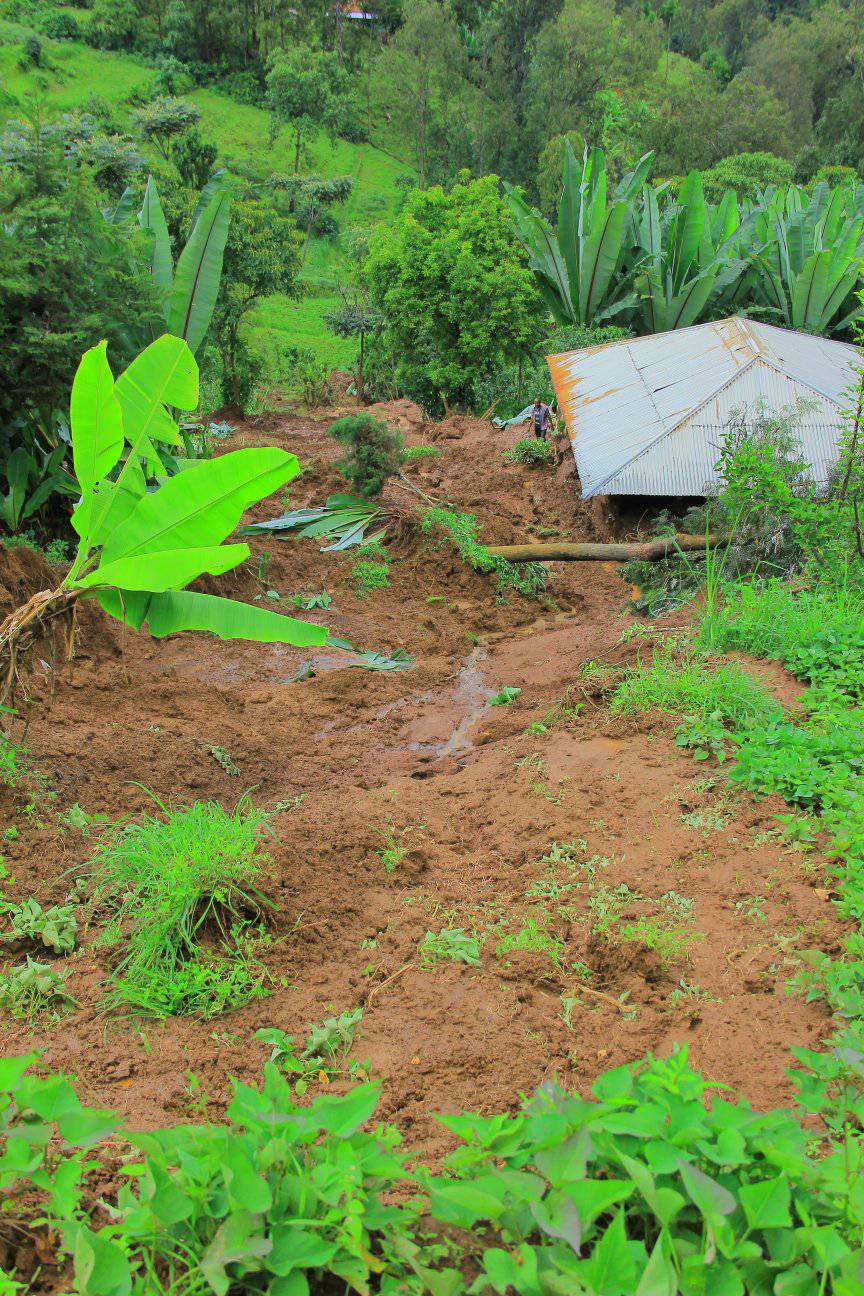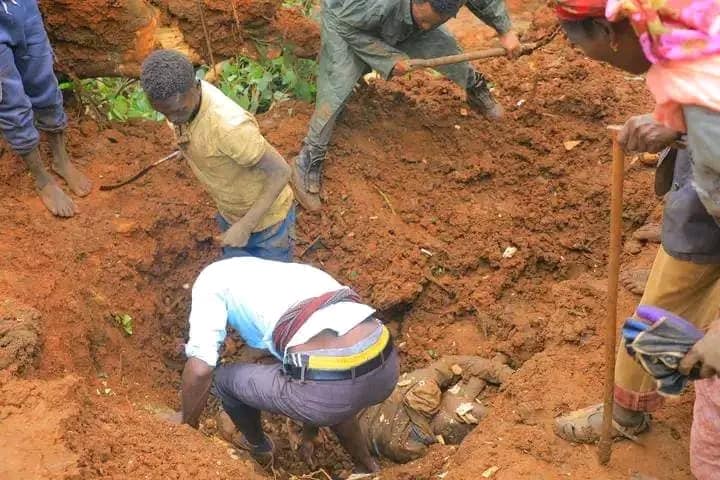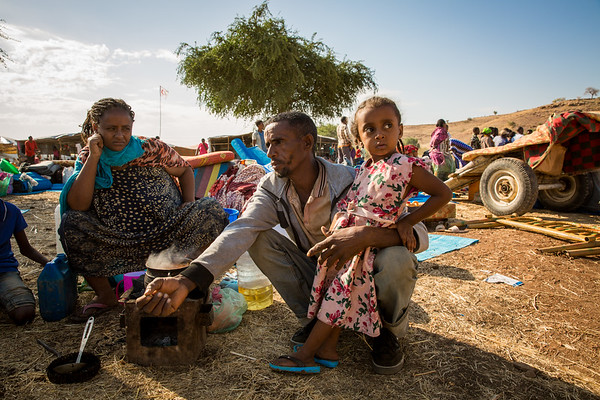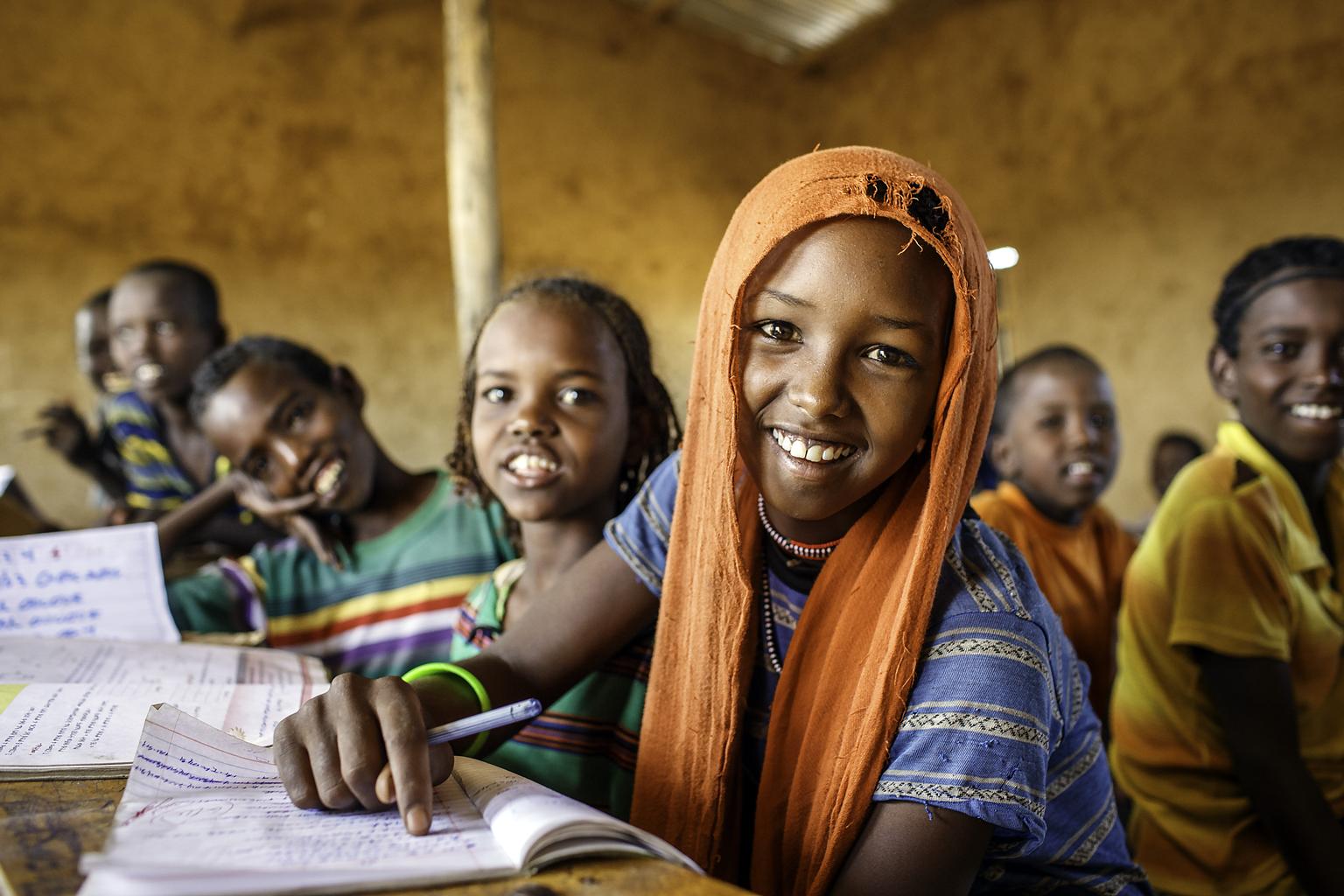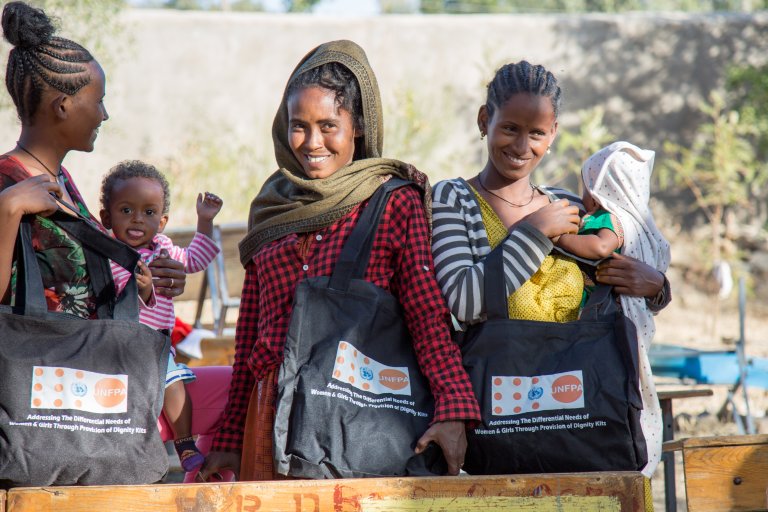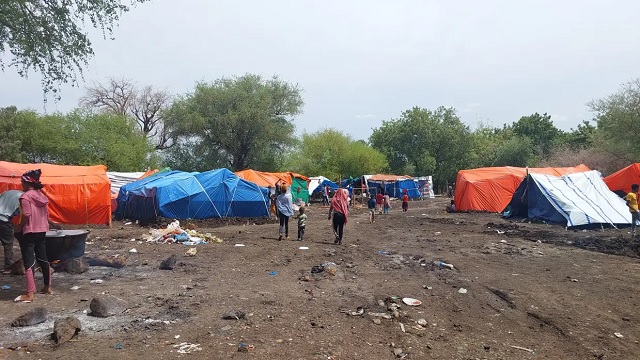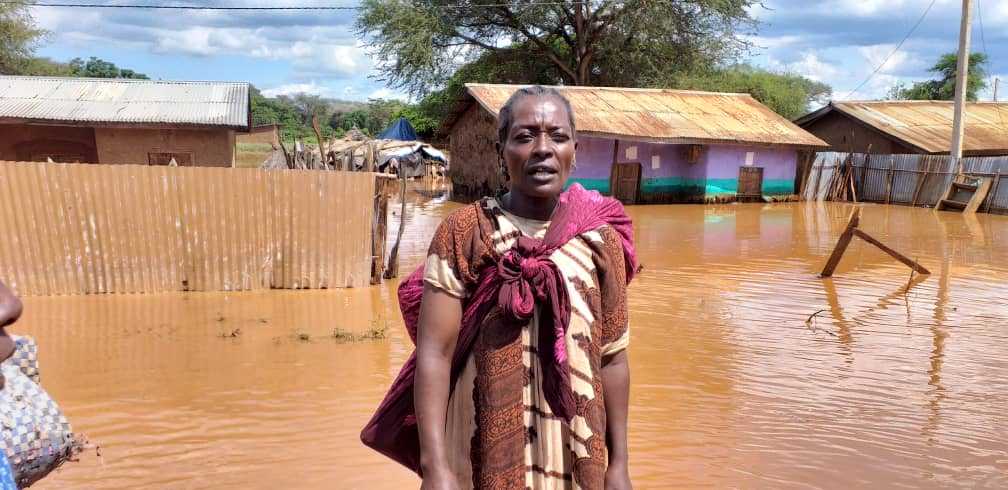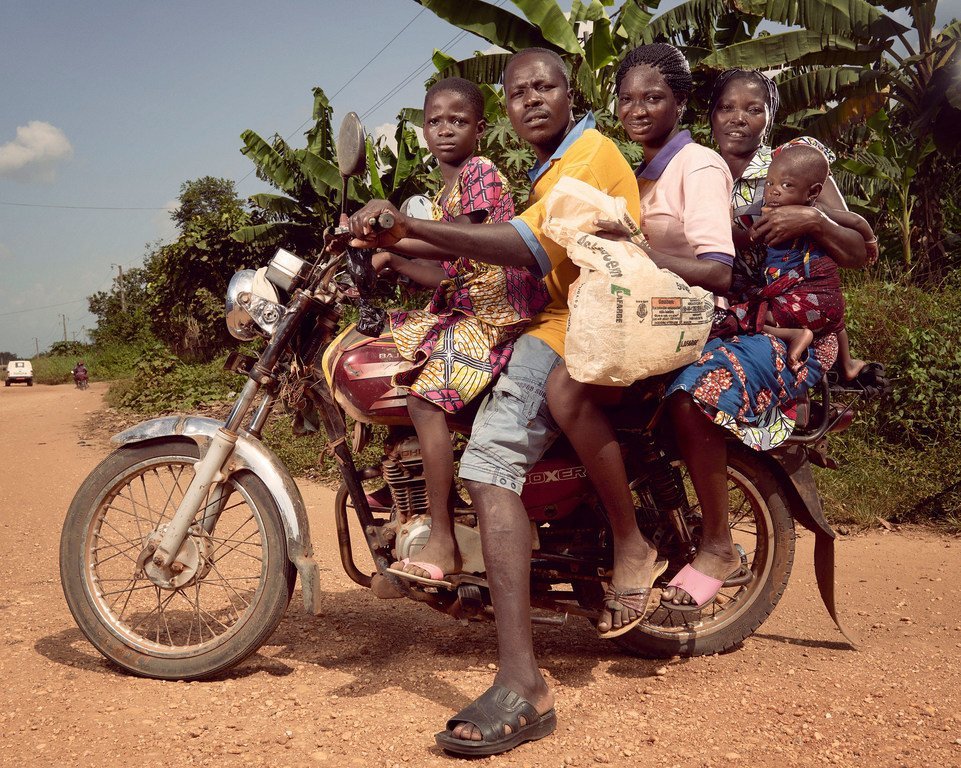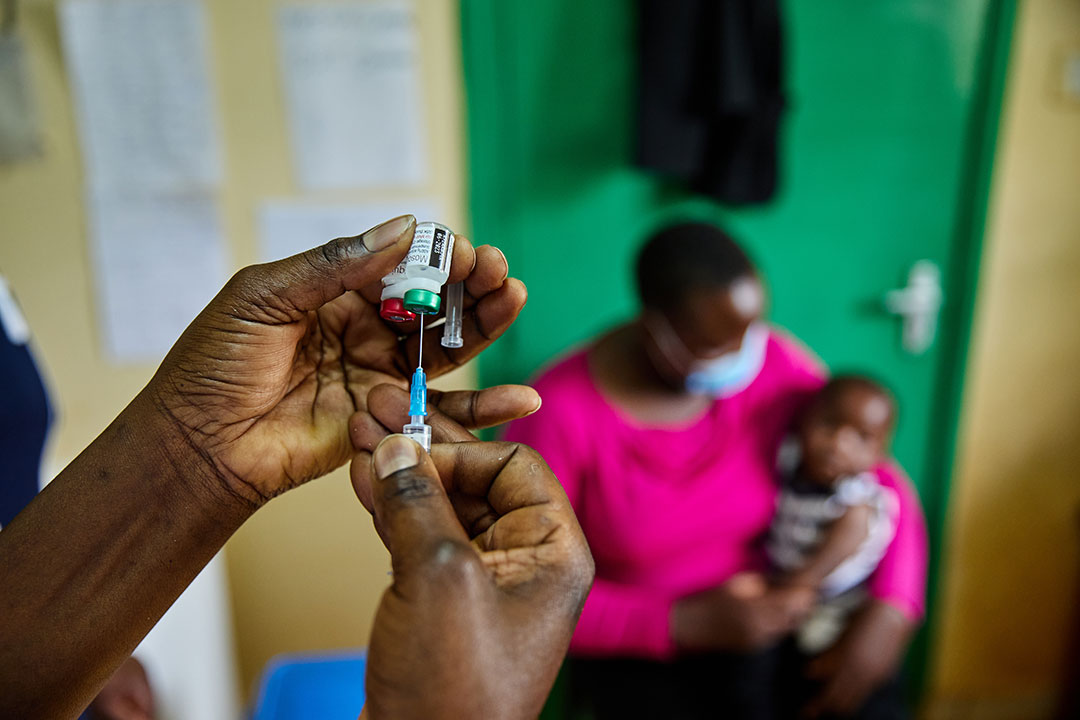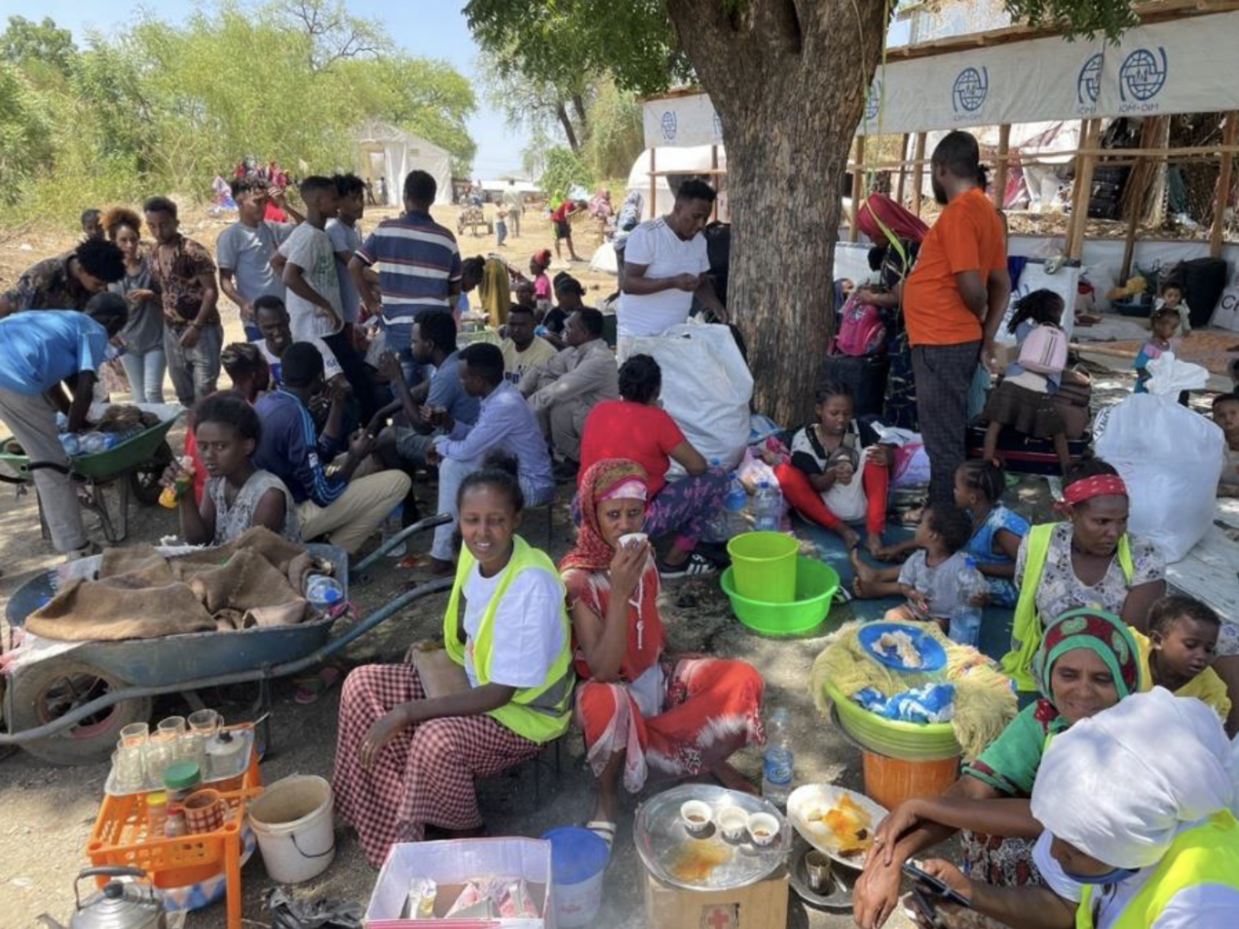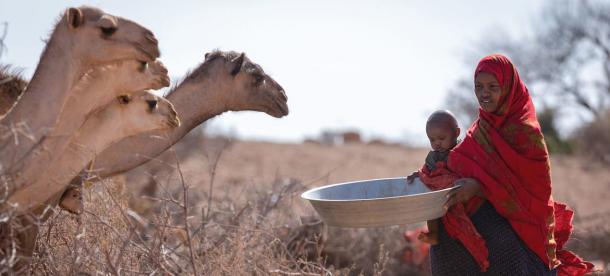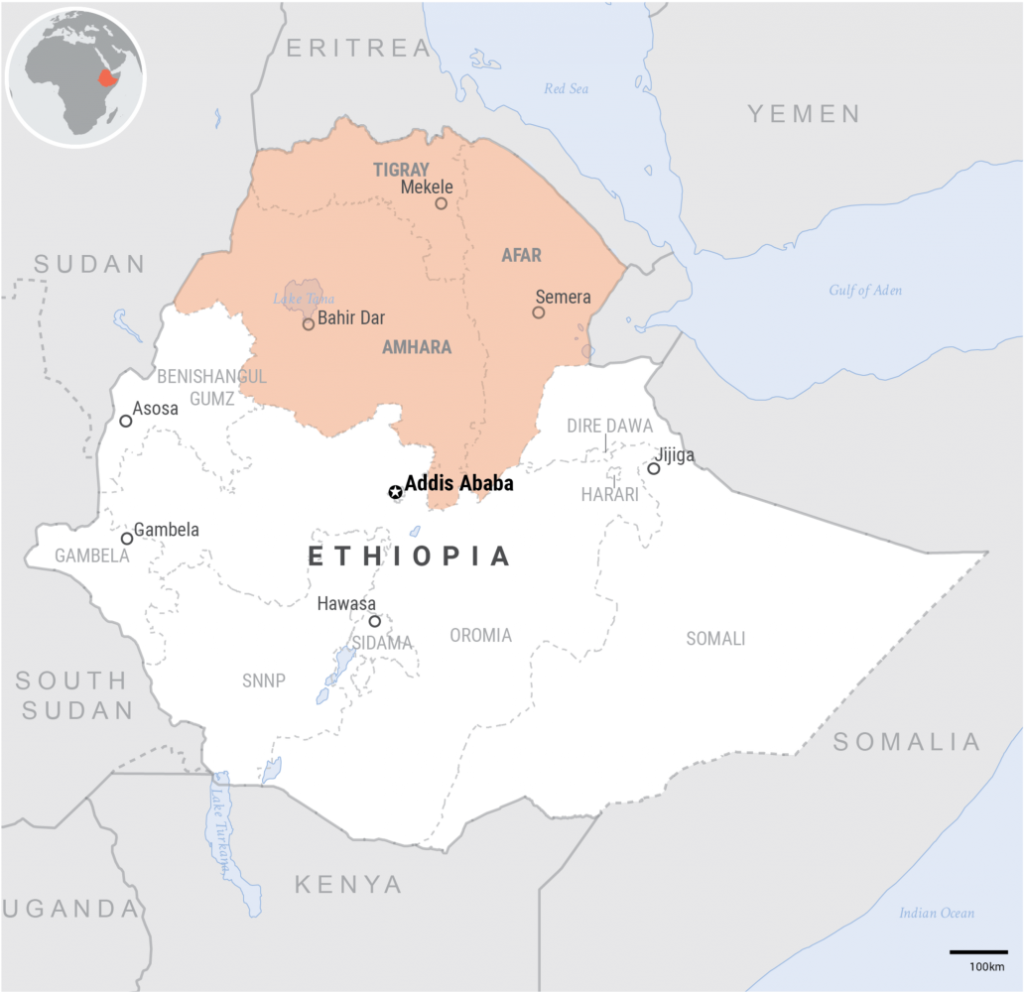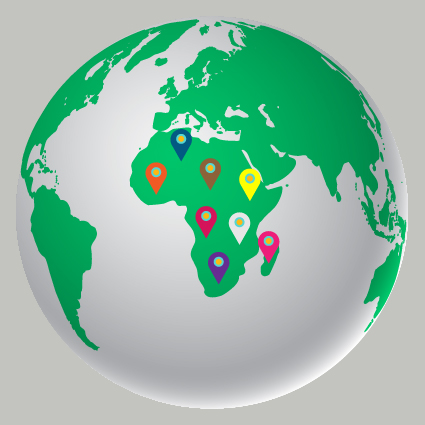
By: Habtamu W. Liben
ADDIS ABABA: In recent years, the idea of integrating climate action into Africa’s development plans has gained significant traction, with a profound realization that tackling climate change and driving sustainable progress are two sides of the same coin for the African continent.
The latest rallying cry comes from Amani Abou-Zeid, the African Union Commissioner for Infrastructure and Energy, who boldly declared that “the climate agenda is our development agenda” at the second high-level consultation meeting on energy transition in London, UK on June 24th.
Abou-Zeid’s statement echoes the International Energy Agency’s (IEA) recent assertion, which argued that to stay on a 1.5-degree Celsius pathway, clean energy investments need to double to 4.3 trillion USD by the early 2030s. Significantly, the report highlights that emerging markets and developing economies, including Africa, currently receive insufficient renewable energy investments and require a six-fold rise in funding.
Against this backdrop, the African Union and other continental organizations, such as the UN Economic Commission for Africa, have long reiterated that achieving these targets will require a collaborative effort across all financial sectors, including governments, banks, and private investors. They argued that public financing alone will not suffice, necessitating an extraordinary mobilization of private capital through strategies like developing renewable energy initiatives aligned with investor expectations and increasing concessional finance to attract private investments.
Addressing the second high-level consultation meeting on energy transition, Abou-Zeid welcomed the prominence of longstanding African priorities, such as grids, clean cooking, and turning critical minerals into development minerals, at the high-level discussion. She urged governments, financial actors, and the industry to work together in scaling up bankable renewable energy projects. However, she cautioned that while critical minerals are essential for the clean energy transition, their extraction in Africa often occurs under unsustainable and environmentally damaging conditions.
Emerging Opportunities
The global shift towards a greener economy presents new opportunities for African economies. As the continent most affected by climate change, experts argue that the African continent can derive economic and developmental benefits by tapping into its abundant natural or renewable energy sources.
According to the African Development Bank (AfDB), the carbon market is increasingly being used as a tool to finance this transformation, as it can channel new investment into energy security in Africa, helping countries meet their voluntary greenhouse gas reduction and national renewable energy targets.
Despite the fact that carbon market vehicles can be a mechanism to channel new investment into energy security in Africa, helping African countries to meet their voluntary greenhouse gas reduction targets as well as their national renewable energy targets, much still needs to be done to meaningfully realize this aspiration.
Challenges remain in realizing this aspiration, as demonstrated by the failure to reach a full agreement on the implementation of Article 6 of the Paris Agreement during the recent United Nations Framework Convention on Climate Change (UNFCCC) negotiations.
Just last month, as interest in carbon markets in Africa continues to rise, the sixtieth session of the subsidiary bodies (SB60) of the UNFCCC, which was held in Bonn, Germany from June 3 to 13, failed to reach an agreement on all technicalities related to the implementation of Article 6 of the Paris Agreement, demonstrating the complex challenges of emissions trading. The methodological elements of the new UN carbon crediting mechanism also remained largely unresolved.
Article 6 of the Paris Agreement governs how countries can cooperate voluntarily in the implementation of their nationally determined contributions to climate action while promoting sustainable development and environmental integrity.
During the meeting, the African Group of Negotiators on climate change (AGN) offered progressive solutions that can potentially break the impasse and link the voluntary trading schemes of Article 6.2 with authorization processes deriving from Article 6.4, thus addressing many of the uncertainties of voluntary carbon trading.
The AGN highlighted the essential role of carbon markets in incentivizing emission reductions and fostering sustainable practices to align with the goals of the Paris Agreement. Emphasizing the need for integrity and transparency in carbon market design, participants discussed the importance of promoting technologies and practices that drive emissions reductions, rather than solely relying on mobilizing development or climate finance.
Despite the fact that the African continent is not historically responsible for global warming, African countries continue to face disproportionate burdens and risks arising from climate change-related weather events and patterns.
In this regard, the Africa Climate Summit in September 2023 served as a significant platform for African leaders and stakeholders to emphasize the imperative of decarbonizing the global economy for equality and shared prosperity. The resulting Nairobi Declaration on climate finance and call to action now form the cornerstone of Africa’s unified stance in the global climate change process.

